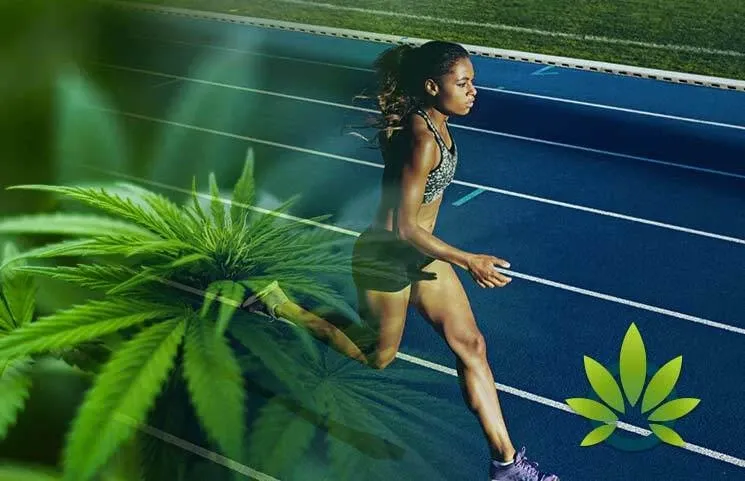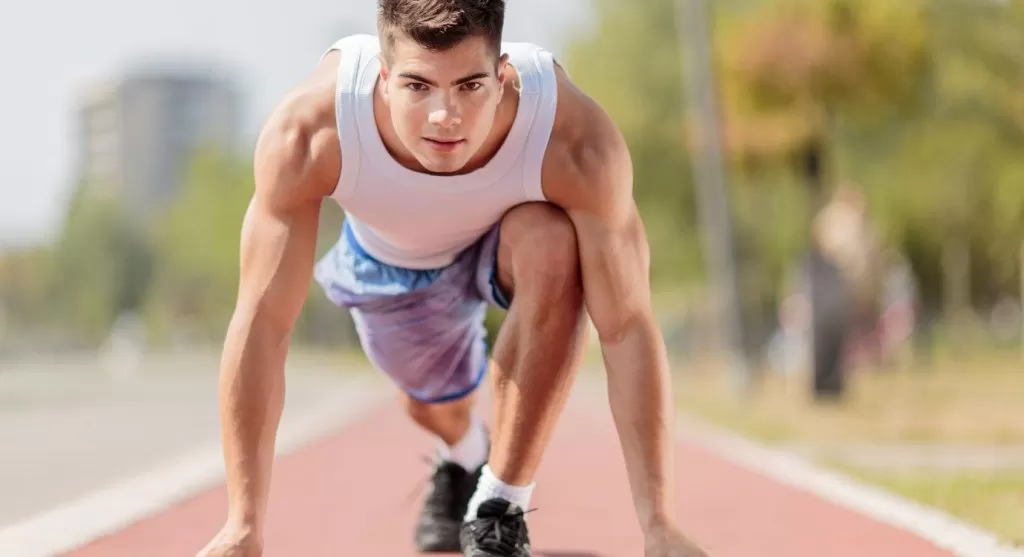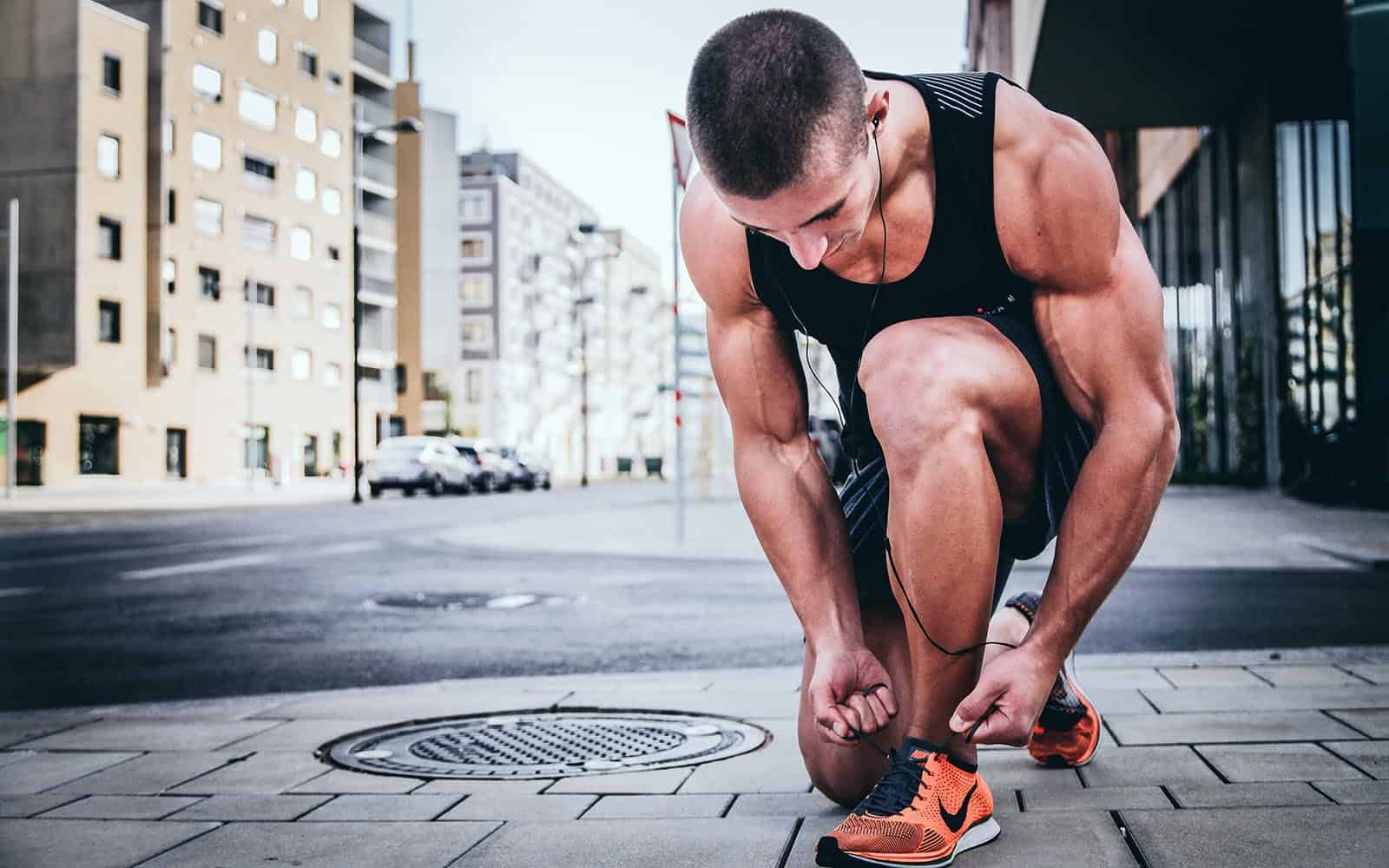Introduction
In recent years, the use of cannabidiol (CBD) has gained significant attention among athletes seeking natural remedies to enhance recovery, manage pain, and improve overall well-being. CBD, a non-psychoactive compound found in the cannabis plant, has garnered praise for its potential therapeutic benefits without the mind-altering effects associated with its cousin, tetrahydrocannabinol (THC). In this comprehensive guide, we will explore the world of CBD for athletes, shedding light on its potential advantages, its legality, safe usage, and the evolving landscape of CBD in the sports industry.

What is CBD?
Cannabidiol, or CBD, is one of over a hundred cannabinoids present in the cannabis plant. Unlike THC, CBD does not induce a “high” and is generally considered non-psychoactive. Instead, it interacts with the endocannabinoid system (ECS) in the body, which plays a crucial role in regulating various physiological processes, including pain perception, inflammation, sleep, mood, and immune function.
Benefits of CBD for Athletes
- Pain Management: Athletes often grapple with various types of pain, from acute injuries to chronic conditions. CBD has analgesic (pain-relieving) properties and may help reduce pain and discomfort, potentially allowing athletes to train and perform at their best.
- Inflammation Reduction: Intense physical activity can lead to inflammation in muscles and joints. CBD’s anti-inflammatory effects may aid in the reduction of inflammation, potentially accelerating recovery and alleviating discomfort.
- Improved Sleep: Quality sleep is crucial for recovery and performance. CBD may help regulate sleep patterns and enhance the overall quality of rest, ensuring athletes wake up feeling refreshed.
- Stress and Anxiety Reduction: High-stress levels can impair an athlete’s focus and performance. CBD has shown promise in reducing anxiety and stress, potentially helping athletes maintain a calm and focused mindset.
- Neuroprotection: CBD’s potential neuroprotective properties have generated interest in protecting athletes from head injuries and concussions, although more research is needed in this area.
Legality and Anti-Doping Regulations
The legal status of CBD varies from country to country and within different states in the United States. In the U.S., the 2018 Farm Bill removed hemp-derived CBD (containing less than 0.3% THC) from the list of controlled substances, making it legal at the federal level. However, state laws and regulations can differ.
Athletes should be aware of the specific rules and regulations governing CBD in their respective sports organizations. While CBD itself is not a prohibited substance in most sports, it’s essential to ensure that the product used is free from THC, as THC is typically banned in sports due to its psychoactive effects.
To avoid any issues related to anti-doping regulations, athletes should choose CBD products from reputable manufacturers that provide certificates of analysis (COAs) from third-party labs, confirming the absence of THC and verifying CBD content.
Methods of Consumption
Athletes have various options for incorporating CBD into their routines, including:

- CBD Oil or Tinctures: Administered sublingually (under the tongue), CBD oil or tinctures offer quick absorption and precise dosing.
- CBD Capsules: These provide a convenient way to ingest a pre-measured dose of CBD.
- CBD Edibles: CBD-infused foods and gummies are another option for oral consumption, but they typically take longer to produce effects due to digestion.
- Topical CBD: Creams, balms, and lotions can be applied directly to sore muscles and joints for targeted relief.
- CBD Vapes: Vaping CBD allows for rapid absorption, but concerns about lung health and product quality have led to some caution in this method.
- CBD Isolate: A pure form of CBD that can be used to create custom products or added to food and beverages.
The choice of consumption method depends on individual preferences and the specific benefits athletes seek. It’s essential to start with a low dosage and gradually increase it while closely monitoring how CBD affects your body.
Dosage and Safety
CBD dosage can vary widely depending on factors such as body weight, metabolism, and the desired effects. Athletes are encouraged to start with a low dose (usually between 10-25 mg) and gradually increase it until they find their optimal dosage. Keeping a journal to track the effects of different dosages can be helpful.
Safety is a primary concern when using CBD, and it’s crucial to choose high-quality products from reputable manufacturers. Look for products that provide detailed information on their sourcing, extraction methods, and third-party lab testing results to verify potency and purity. It’s advisable to consult with a healthcare professional or sports medicine specialist before incorporating CBD into your routine, especially if you are taking other medications or have underlying health conditions.
Potential Risks and Side Effects
While CBD is generally well-tolerated, some individuals may experience mild side effects, such as:
- Dry Mouth: CBD may reduce saliva production, leading to a dry sensation in the mouth. Staying hydrated can help alleviate this side effect.
- Dizziness: Some people may feel lightheaded or dizzy, especially when taking high doses of CBD.
- Changes in Appetite: CBD may affect appetite, causing some individuals to experience increased or decreased hunger.
- Gastrointestinal Distress: In rare cases, CBD may cause digestive issues, such as diarrhea or nausea.
CBD and Recovery
Recovery is a critical component of an athlete’s training regimen, and CBD may play a role in promoting faster and more effective recovery. Here’s how:
- Muscle Recovery: Intensive workouts often lead to muscle soreness and inflammation. CBD’s anti-inflammatory properties may help reduce post-exercise inflammation, potentially speeding up the recovery process.
- Sleep Quality: Adequate restorative sleep is vital for recovery. CBD can assist athletes in achieving better sleep by promoting relaxation and reducing sleep disturbances.
- Stress Reduction: High-stress levels can hinder recovery. CBD’s anxiolytic effects may help athletes manage stress and anxiety, creating a conducive environment for recovery.
- Pain Relief: CBD’s analgesic properties can alleviate pain associated with injuries or strenuous exercise, allowing athletes to resume training more quickly.
CBD and Performance Anxiety
Performance anxiety is a common challenge for athletes, impacting their ability to perform at their best during competitions. CBD’s potential to reduce anxiety and nervousness may be especially beneficial in high-pressure situations. By promoting a calm and focused mindset, athletes may experience improved performance and enhanced confidence.
The Evolving Regulatory Landscape
The legality of CBD in sports is a dynamic area. While CBD itself is not a prohibited substance in most sports organizations, THC is typically banned due to its psychoactive effects. Athletes must ensure they are using CBD products that are truly THC-free. Furthermore, athletes should stay informed about changes in regulations, as the rules surrounding CBD in sports can evolve.
The Importance of Third-Party Testing
To guarantee the safety and efficacy of CBD products, athletes should prioritize products that undergo rigorous third-party testing. These tests confirm the absence of THC, verify the CBD content, and check for contaminants, ensuring that athletes are consuming a pure and reliable product.
Ethical Considerations
While CBD itself is not a performance-enhancing drug, athletes should remain aware of the ethical considerations surrounding its use. Athletes are responsible for knowing the rules and regulations of their respective sports organizations and should exercise caution to avoid unintentional violations. Being transparent with coaches and sports organizations about CBD use can help prevent misunderstandings.
Personalized Approach
Every athlete is unique, and what works for one may not work for another. Finding the right CBD product, dosage, and regimen often requires some experimentation. Athletes should pay close attention to how their bodies respond to CBD and make adjustments as needed to achieve the desired effects.
Conclusion
CBD has emerged as a potential natural remedy for athletes seeking to manage pain, inflammation, stress, and sleep issues without the psychoactive effects associated with THC. However, athletes should exercise caution and due diligence when considering CBD as part of their wellness routine. Understanding the legality, choosing high-quality products, monitoring dosage, and consulting with healthcare professionals are essential steps to ensure safe and effective use of CBD in the world of sports.
As research on CBD continues to evolve, athletes and the sports industry as a whole may gain a deeper understanding of its potential benefits and how it can be integrated into training and recovery regimens. While CBD offers promise, it is essential to remember that it is not a miracle solution, and individual responses may vary. Athletes should approach CBD with a balanced and informed perspective, making informed decisions to enhance their overall well-being and performance.

